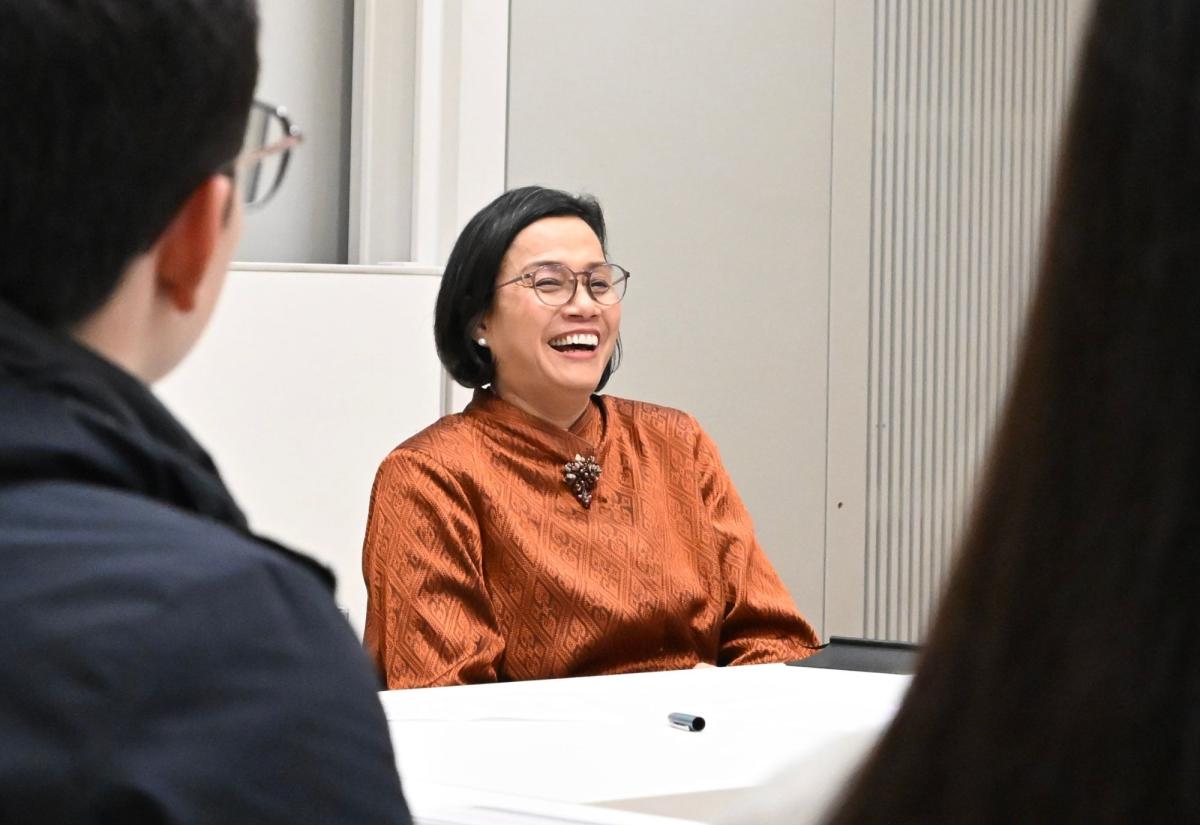The need for academic insight on key global issues was highlighted this week when the British Prime Minister praised the work of Paul Collier, Professor of Economics and Public Policy at the Blavatnik School of Government, in the run up to the G8 meeting taking place in Northern Ireland on 17-18 June.
Prof Collier has been acting as an informal adviser to the UK government on its agenda for the G8, a forum which bring together leaders of the world’s wealthiest countries (not including China) to negotiate and discuss global issues. At the top of the agenda this year, have been taxation and transparency challenges, where Collier believes that the G8 countries can bring positive change.
In the weeks before the G8 meetings were to take place, Prime Minister David Cameron expressed his determination to show Britain’s leadership in addressing the issue of tax evasion and aggressive tax avoidance. He identified the development of a register of beneficial ownership – a record of who owns which offshore company – as a key strategy for the UK to take the lead in addressing aggressive tax avoidance. In explaining why the issue of real, beneficial ownership is so critical, Cameron told The Guardian newspaper (14 June): “I have been hugely influenced by the work of Paul Collier. I have been a follower of his for many years. What he writes about this issue is hugely powerful.”
Collier is one of the world’s leading experts on development and poverty challenges. He has been advising international organisations and both the UK and foreign governments for many years. He now believes the G8 can provide the leadership for and delivery of tax reforms that will resonate worldwide. In an article for Prospect magazine recently, Collier reflected on Britain and the role of the G8. “Are we there merely to make the tea for a bunch of superseded politicians reminiscing about former triumphs?” he asks. “No. No! NO!!! There is important work to do, and only these few can do it...By putting our own house in order, we will at last be doing something beneficial for the global poor.”
Tax co-operation has become a major challenge for governments because policies have not kept pace with technological innovations and trends towards the internationalisation of business. “Treaties designed to avoid double taxation now deliver double non-taxation,” explains Collier in an opinion piece for The Observer (Sunday 16 June). “The resulting tax avoidance reduces fiscal revenues and provides an unlevel playing field for business.” He asserts that the gathering of G8 leaders in Northern Ireland is not just a meeting of talking heads of state. This meeting will be about “launching a revolution in corporate transparency”. Through demonstrating real commitment and action to address issues of transparency and building trust among corporations, governments and citizens, the G8 has an opportunity to make a material difference to the lives of the poor, as well as its own citizens.
Whether the G8 can muster the political will and practical determination to see through the kinds of reforms on tax transparency that have been outlined in advance of the summit remains to be determined. However, it is vital that academics engage with current political issues, such as those delivered through the G8 agenda. Their expertise brings important insights to bear on the decisions that lie ahead for our leaders.
Recent news
MPP and MSc alumnus Carlos Santiago Guzmán wins the inaugural Michael Cichon Graduate Award
Carlos Santiago Guzmán Gutiérrez, an alumnus of the Master of Public Policy and the MSc in Public Policy Research, has received the inaugural Michael Cichon Graduate Award for outstanding master’s thesis in Social Protection. The award recognises his MSc thesis, “Universal Social Protection Schemes in Forced Displacement Settings: Evidence from Colombia.”



